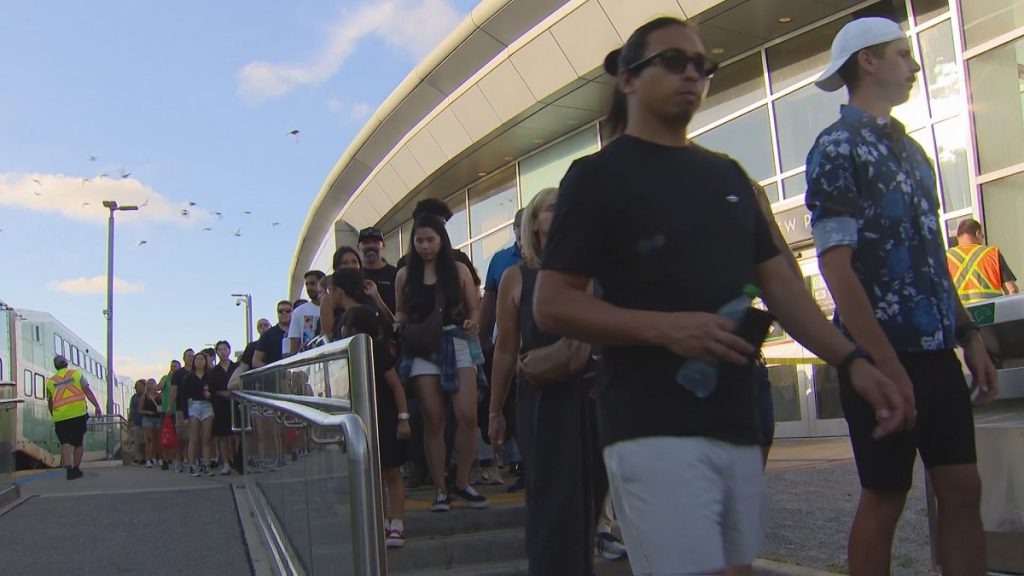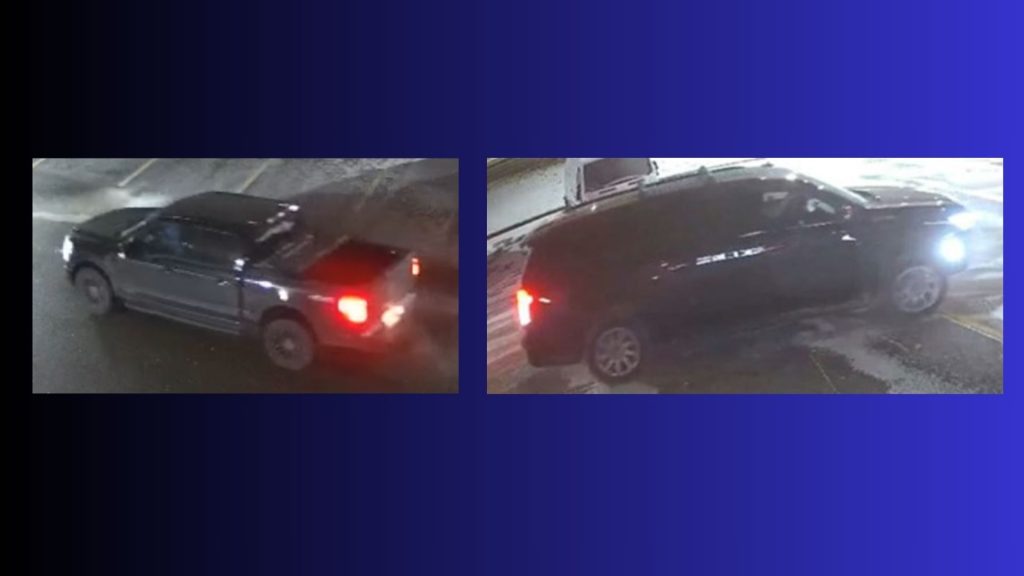Public transportation advocates have expressed frustration regarding the challenges faced by GO Transit riders during the recent Coldplay concerts at Rogers Stadium in Downsview Park. With the concerts generating significant hype, calls for improved transit service emerged, particularly as issues were highlighted during the first performance earlier this week.
Rob Cerjanec, the Ontario Liberal Party Ajax MPP, remarked, "I don’t think Metrolinx is meeting the moment on this, but I think this is an opportunity for them to meet the moment in the future." He emphasized the importance of effectively managing transit services for concert attendees, noting that the excitement surrounding these events necessitates reliable transportation solutions.
During the concerts, concerns arose when concertgoers had to rush out of the venue to catch the last northbound trains running towards Barrie. GO Transit’s schedule indicated that the final two trains were set for 10:20 p.m. and 11:13 p.m. To address post-concert transportation needs, additional southbound trains to Union Station were added, with departures at 10:32, 11:35, 11:45, and 11:55 p.m. However, the last train journeys stopping at Downsview Park before the concert occurred were scheduled at 3:35 p.m. and 8:26 p.m., raising concerns about accessibility for those attending late shows.
In the midst of these logistical challenges, Metrolinx faced backlash over its customer service, particularly after a response to an inquiry from a patron named Ange was found to have been drafted by an AI tool. The automated reply, shared on social media, appeared dismissive and condescending, suggesting that riders should simply check schedules before heading out. This led to public outrage, prompting a later apology from Metrolinx which stated, "Responses are written by humans, not bots or AI-generated. In this case, a reply was inappropriately drafted by our vendor using AI." The organization confirmed that clear guidelines had been established prohibiting AI usage in customer service interactions.
Advocacy group co-executive director Jonathan Lee criticized the use of AI in customer support during significant events like concerts, highlighting the need for human agents who can provide immediate assistance and retain context. Anne Marie Aikins, a former Metrolinx spokesperson, noted that using AI in customer service for transit could lead to complications, especially when dealing with emotionally charged situations late at night. Despite the misstep, she acknowledged the timely apology from Metrolinx as a step in the right direction.
Discussion also focused on the adequacy of GO Transit’s services, particularly on the Barrie Line. Critics pointed out that the current schedules are well-suited for rush hour but inadequate for special events. Lee questioned the five-hour gap between trains going south from Barrie, deeming it unacceptable and highlighting a service inequity between concertgoers and local residents.
The Ford government and Metrolinx are currently implementing a substantial GO Transit rail expansion program intended to enhance service capacity, with plans to introduce quicker, electrified train service. However, detailed timelines for when these upgrades will take effect remain unclear. Lee stated, "Transparency is needed to make sure it is clear what are the upgrades that are happening and when is it going to be delivered?"
In light of the ongoing challenges, Cerjanec called for immediate investment and clearer communication from transit authorities. He urged that more trains should be added following concerts to accommodate attendees and highlighted the necessity for long-term improvements on the Barrie Line, including electrification to enhance service efficiency and reduce travel time.












